How AI is Revolutionizing Personalized Learning in Schools
Introduction to AI in Education
Artificial Intelligence (AI) is rapidly transforming various sectors, and education is no exception. As schools strive to meet the diverse needs of their students, AI offers innovative solutions to enhance personalized learning. Personalized learning tailors educational experiences to individual students’ needs, preferences, and learning styles. By leveraging AI, educational institutions can provide more adaptive, engaging, and effective learning environments, paving the way for significant advancements in student outcomes.
Benefits of AI in Personalized Learning
Tailored Learning Experiences

One of the most significant benefits of AI in education is its ability to create tailored learning experiences. Adaptive learning platforms use sophisticated algorithms to assess students’ strengths, weaknesses, and learning patterns. These platforms adjust the content and pacing of lessons to match each student’s needs. For instance, if a student struggles with a particular concept in math, the system can provide additional practice problems or alternative explanations until mastery is achieved. This level of customization ensures that students receive the support they need, precisely when they need it.
Customized lesson plans and materials are another advantage of AI. Teachers can use AI-driven tools to generate personalized assignments that align with each student’s learning objectives. This not only helps in addressing individual learning gaps but also keeps students engaged by providing content that is relevant and challenging for them. As a result, students are more likely to stay motivated and achieve better academic outcomes.
Enhanced Student Engagement
AI also enhances student engagement through interactive tools and gamification. Modern educational apps incorporate elements of game design, such as rewards, leaderboards, and interactive simulations, to make learning more enjoyable. These features capture students’ attention and encourage active participation. For example, AI-powered language learning apps can simulate real-world conversations, making language acquisition more dynamic and engaging.
Real-time feedback and assessments are crucial for maintaining student motivation and improving learning outcomes. AI systems can analyze student performance instantaneously and provide immediate feedback. This allows students to understand their mistakes and correct them on the spot, rather than waiting for delayed responses from teachers. Additionally, AI can identify patterns in student performance, helping educators to adjust their teaching strategies accordingly.
Challenges and Considerations
Data Privacy and Security

Despite its benefits, the integration of AI in education raises concerns about data privacy and security. AI systems collect and analyze vast amounts of data, including sensitive student information. Ensuring the protection of this data is paramount to maintaining trust and compliance with regulations such as the Family Educational Rights and Privacy Act (FERPA). Schools and technology providers must implement robust security measures to safeguard student data and address potential vulnerabilities.
Equity and Access
Equity and access are critical issues when implementing AI in education. Not all students have equal access to the technology required for AI-driven learning. The digital divide can exacerbate educational inequalities, with students from underserved communities potentially missing out on the benefits of AI. To address this, schools need to ensure that all students have access to the necessary devices and internet connectivity. Additionally, educational policies should focus on providing equitable opportunities for all students to benefit from AI advancements.
Case Studies and Examples
Successful AI Implementations
Several schools and districts have successfully integrated AI to enhance personalized learning. For example, the Miami-Dade County Public Schools district uses an AI-driven platform to analyze student data and tailor instructional materials. This approach has led to improved student performance and engagement. Another notable example is the use of AI in the Los Angeles Unified School District, where personalized learning tools have been implemented to support diverse learning needs and track student progress more effectively.
Innovative Tools and Technologies
AI-powered educational apps and platforms are continually evolving, offering innovative solutions for personalized learning. Tools like DreamBox, a math education platform, use AI to adapt lessons based on individual student interactions. Similarly, platforms such as Knewton and Carnegie Learning provide personalized recommendations and resources to enhance student learning experiences. These technologies are revolutionizing how educational content is delivered and experienced.
The Future of AI in Education
Looking ahead, AI is set to play an increasingly significant role in the future of education. Emerging trends include the development of more sophisticated AI algorithms that can better understand and predict student needs. Advances in natural language processing will enable more effective language learning and tutoring solutions. Additionally, the integration of AI with virtual and augmented reality could create immersive learning experiences that simulate real-world scenarios and enhance understanding.
As AI continues to evolve, it will likely lead to even more personalized and effective educational solutions. Educators, policymakers, and technology developers must work together to ensure that these advancements are implemented responsibly and equitably. The future of personalized learning with AI holds great promise for enhancing educational outcomes and preparing students for success in an increasingly digital world.
Conclusion
AI is revolutionizing personalized learning in schools by offering tailored educational experiences, enhancing student engagement, and providing real-time feedback. However, challenges such as data privacy and equity must be addressed to fully realize the potential of AI in education. By leveraging successful case studies and innovative tools, schools can navigate these challenges and harness the power of AI to create more effective and engaging learning environments. As we look to the future, AI will undoubtedly play a pivotal role in shaping the next generation of educational practices and outcomes.






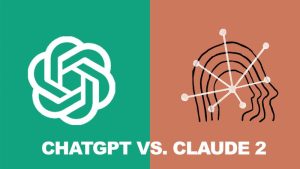

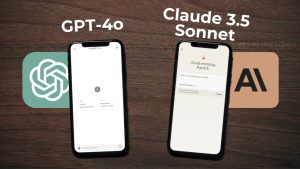
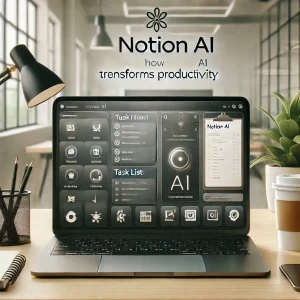
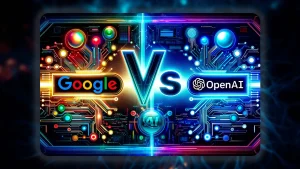
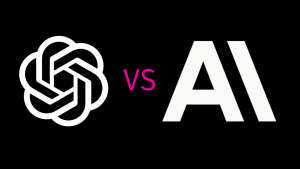
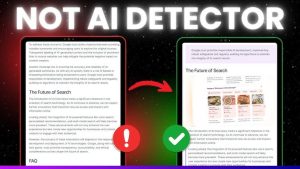

Post Comment